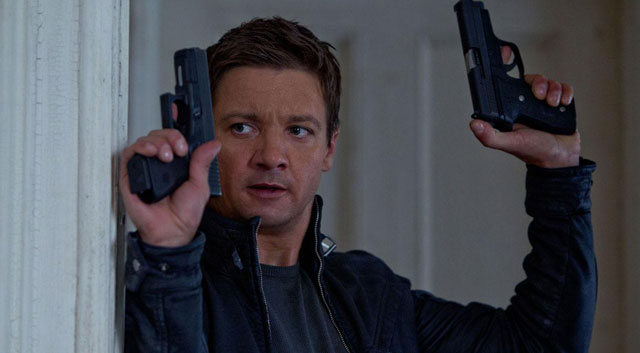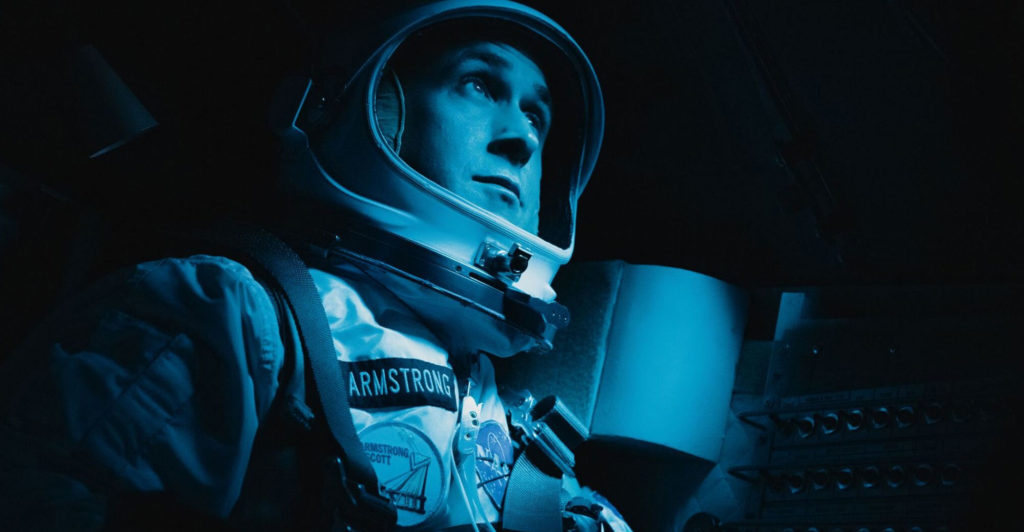The Bourne Legacy is a valiant attempt to revive one of the best action series of the past decade with a new director at the helm and a new character in the lead. Legacy is not always as effective as the Matt Damon Bourne films, but it shares enough of the trilogy’s virtues to mostly hit the mark for series fans.
Damon’s Jason Bourne is out, replaced by Jeremy Renner as a covert operative named Aaron Cross. Tony Gilroy, who helped to script the earlier Bourne movies, takes over directorial duties from Paul Greengrass. They’re an able enough team, though Damon and Greengrass are still missed.
Legacy is set at more or less the same time as Jason Bourne is exposing the CIA’s covert assassination operations to the world. Like Bourne, Cross is a product of a programme to create remorseless, near-superhuman assassins to execute those who would pose a danger to US national security.
Faced with exposure, rogue agency bosses decide to kill off their operatives to protect the secrets of the scientific advances they have made in the assassination programmes that followed the project that created Bourne. Most of the operatives happily eat a poison pill when told it is part of their medical regime.
But for some reason, the baddies figure it will be more fun to try and kill Cross with a drone, which just makes him angry. He fights back with the help of geneticist Dr Marta Shearing (Rachel Weisz), a scientist working on the programme who is also marked for death when the men in suits decide to shut everything down.
The appeal of the two leads is one of Legacy’s biggest assets and helps to save the film from mediocrity. Renner, who projects the same sort of coiled up intensity and intelligence under pressure as he did in The Hurt Locker, makes for a credibly calculating and ruthless agent. He has great chemistry with Weisz, who is always a pleasure to watch at work.
Like most of the Bourne movies, we get to see the operative trying to survive out in the field as the conspirators send wave after wave of unrelenting brainwashed assassins after him. With each Bourne film, these guys seem to become tougher and more relentless. One wonders whether the CIA’s work eventually converges with Skynet research to produce the unstoppable killer robots of the Terminator movies.

We also spend a lot of time with the retired generals and agency suits, drunk on power, as they try to deal with the fact that their human weapons have turned on them. Expect to see a lot shouting, fist-slamming and conspiratorial whispering as Edward Norton, Stacy Keach and Scott Glenn try to work out what to do with Cross and Bourne.
Gilroy, who directed the excellent Michael Clayton and the messy Duplicity, acquits himself well enough at the helm of the film. His knowledge of all the Bourne backstory is an obvious plus and he manages to do a decent job of pulling all the strands together in his film. That said, anyone who has not watched the Jason Bourne trilogy recently might struggle to decipher the convoluted plot.

There is some lovely photography in the film — especially the early scenes set in Alaska — though Gilroy does not nail his action scenes as precisely as Greengrass did. Greengrass is one of the few directors who can use shaky cam to good effect to create visceral action scenes, and Gilroy’s work sometimes feels like an inferior imitation.
At their worst, the action scenes suffer a lack of coherence and seem to drag on forever. The climactic motorcycle chase, especially, made me long for Greengrass’s more grounded approach. But there is a shootout in an isolated house that is tense and muscular enough to compare to the best sequences in the Jason Bourne films.
Part of the problem for Legacy is that the Bourne trilogy was so successful and influential. Since Jason Bourne first woke up with no memory in The Bourne Identity, the trilogy’s verité action sequences have been imitated in everything from the James Bond film Casino Royale through to the Total Recall remake.
The result is that gritty action films are a dime a dozen and Legacy does not do enough to set itself apart from those that imitate the Bourne style. That said, it is smart and stylish enough to make to for passable entertainment for fans who are willing to ignore the more gaping plot holes and enjoy the ride. — (c) 2012 NewsCentral Media




